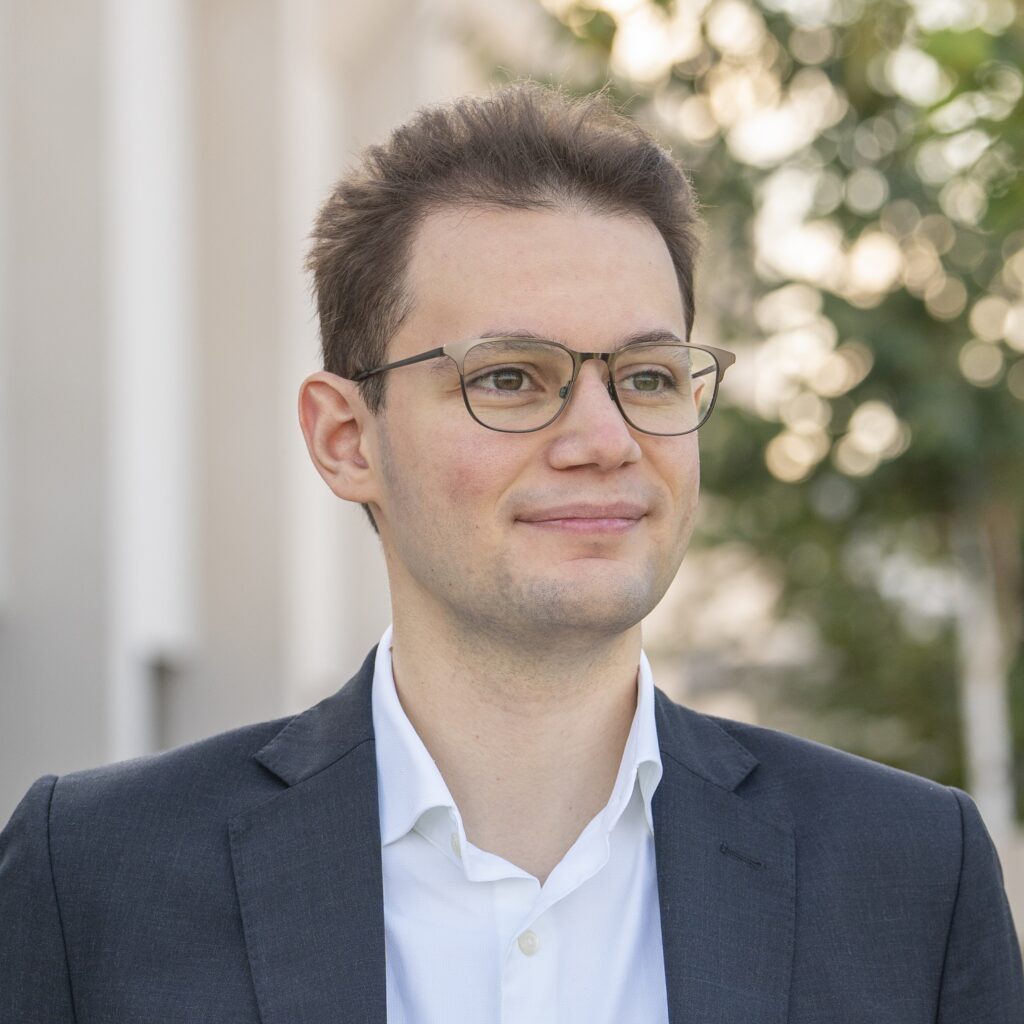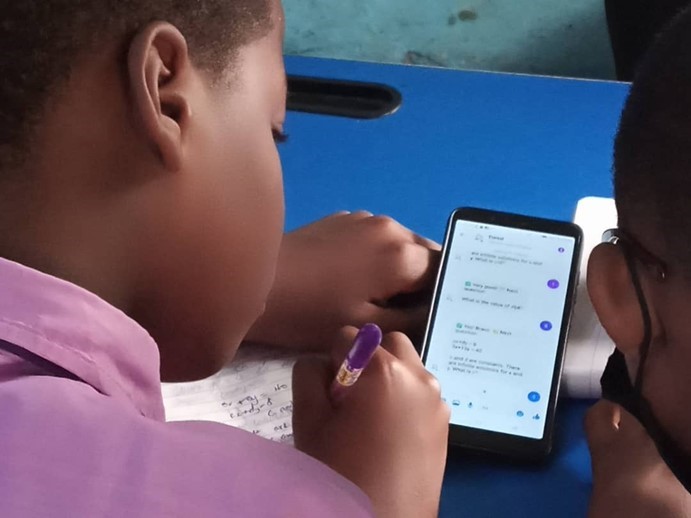Abdulhamid Haidar is the founder of Darsel – the math chatbot which is increasing numeracy in low- and middle-income countries using AI-powered personalized learning.

With a background in mathematics and computer science, Abdulhamid developed the idea for Darsel while studying for his MBA at Stanford University and went on to incorporate the nonprofit organization in the USA.
He has now implemented the technology in three countries – and secured the organization a place as a finalist in the international 2024-2025 WISE Prize for Education program.
1. Tell us about your company and the problem it solves, or its benefit to learners or educators.
Darsel is a global education technology nonprofit on a mission to improve math and numeracy learning outcomes in low-resource settings. We’re especially focused on working with government school systems in low- and middle-income countries, and we’re aiming to reach students who have not historically benefited from education technology.
Our main product is a chatbot which allows students to practice and learn math through simple low-bandwidth messaging platforms like WhatsApp and SMS. We’re using a chatbot because texting is the simplest, cheapest, and most accessible channel for students in environments with limited digital resources.
With Darsel, we’re trying to turn ubiquitous low-bandwidth messaging platforms – which are already used by billions – into powerful learning tools. Although the user experience is intentionally simple, the chatbot relies on AI-powered adaptive learning algorithms to deliver a personalized and effective experience for every student. It works because it’s able to identify each student’s unique skills and gaps, and can then provide the right material to help students achieve proficiency.
All the content on Darsel is aligned with the local curricula, and we work closely with math teachers in government schools who play an important role in introducing Darsel to students and motivating them to use it. They like Darsel not only because it helps their students learn math, but also because it makes them more excited about math – and less anxious about it.
2. Where did the idea come from to create your company?
The idea came from the global wave of school closures that occurred at the very beginning of the Covid-19 pandemic, when 1 billion students lost access to education.
In that moment, it became overwhelmingly clear that very few education technology solutions had been designed for low-resource settings. This had to change, especially because the students who face device and data restrictions are typically the ones who have the most to benefit from education technology.
At the time I was a graduate student in a joint program between Stanford GSB and Harvard Kennedy School, so Darsel began as an individual side project. It was formally launched as a nonprofit after I graduated.
3. Tell us about one challenge and how you overcame that challenge.

Darsel is trying to solve a global problem, and that requires a solution that is global in some ways and local in others, which can be challenging. We’re working in three very different countries – Jordan, India and Nigeria – and in each country we have to work closely with our partners to adapt our implementation model to the local context. Developing math content for different curricula, across different languages – including English, Arabic, and Hindi – can also be challenging, but it’s necessary. We’re still learning about what works best in different settings, and will continue to do so as we expand to more geographies.
4. What are you most proud of or what is your company’s greatest achievement?
I’m proud of the fact that we’ve demonstrated that learning chatbots can be a cost-effective solution at scale, especially in Jordan where our successful partnership with the Ministry of Education has led to Darsel’s adoption in more than 2000 schools.
I am also proud of the impact we’ve achieved so far, as more than 120 thousand students have already answered over 170 million math questions on Darsel. Having said that, we’re still very early in our journey, and the world is still very far from achieving quality education for all.
5. Where do you see your company in five years?
We want to positively and meaningfully impact 100 million students by 2030, either directly or indirectly. Our plan is to continue improving our solution while expanding it to more countries and more grade levels.
We’ve historically been focused on helping Grade 7 students, but scaling our impact will require reaching younger students at lower grade levels. Learning gaps become significant in primary school, so the earlier we can intervene, the more impact we can create.
Darsel was recently named as a finalist in the international WISE Prize for Education program, which means we have access to a new funding grant and development support from the Qatar Foundation initiative. This will enable us to develop our math content for a younger audience, and we’re very excited to begin piloting a new chatbot with Grade 4 students in the next 12 months.
Ultimately, we want to accelerate progress towards a world where learning gaps never materialize, and where every student leaves the education system with the necessary skills and abilities to thrive in life. This requires a strong foundation in numeracy and quantitative thinking, and that’s what we’re aiming to deliver to every student.


